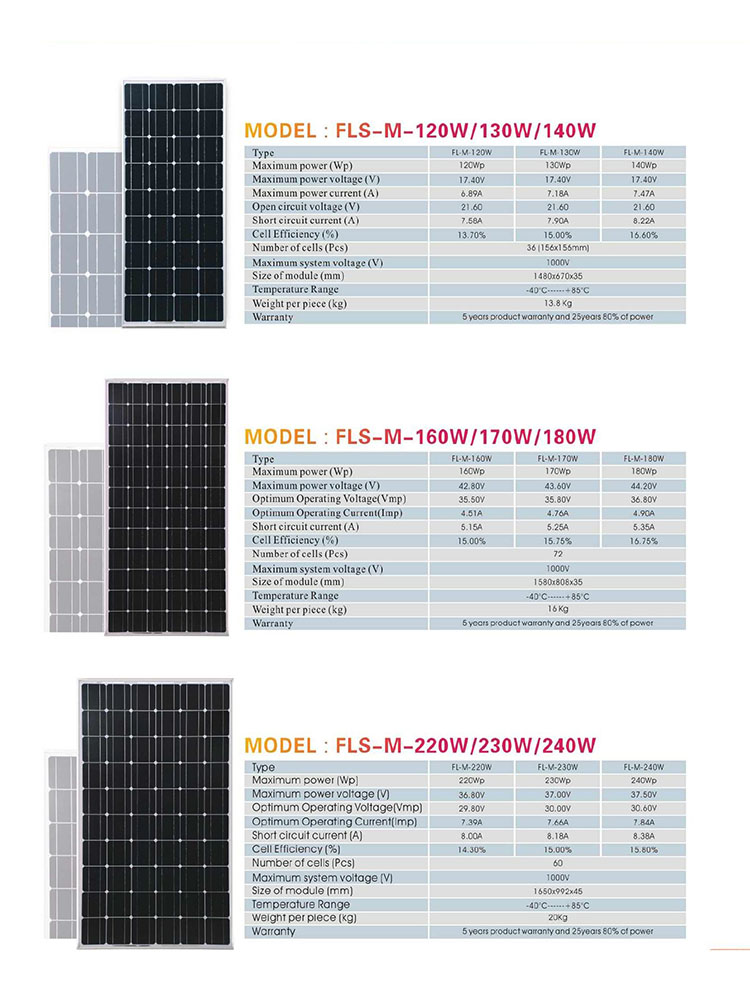
In the state of Massachusetts, solar panels can save homeowners a bundle of money. On average, residential energy bills increase by 3% each year. This can quickly add up. Extreme weather events may also drive up energy prices. For these reasons, solar panels have become an increasingly popular energy source for homes in the state.
Massachusetts' average price for solar panels
The average cost of solar panels in Massachusetts varies, depending on the size of your home and the type of equipment you need installed. Solar installations in Massachusetts typically cost between $10,007 to $15,395. Solar panels in Massachusetts can be purchased for as low as $7,000 if you live alone. If you own a large house, solar panels could cost you up to $55,953.
Solar power in Massachusetts is one of the most cost-effective ways to get it installed. According to the Environment Massachusetts Research and Policy Center (including tax credits and incentives), a typical 5 kW solar system costs between $9,300 and $11,000. Although solar panels can be costly, they are usually much cheaper than the average. You can expect to make a savings of up to $40786 over 20 years by switching to solar power.

Mounting solar panels on the roof is the best way to go in Massachusetts. However, some homes may not have the roof facing south, or the roof may be in too much shade. In these cases, you'll need alternative mounting options.
Massachusetts tax credits for solar panel installation
Massachusetts offers an incentive program for those who are interested in installing solar panels to their homes. Massachusetts offers a 15% tax incentive for solar panel installation under the SMART program. The credit is transferable for up to three consecutive years. The program is intended to encourage solar installations and is funded in part by Eversource, Unitil, or National Grid.
Installing solar panels on your home will not only increase the value of your home, but you will also get a 15 percent state tax credit for the installation cost. The credit can be used to cover up to $1,000 in installation costs. Solar installations are exempted also from property tax and sales tax. This means that your property taxes will not go up and your sales tax will not be assessed in the first year. Massachusetts also offers a program for localized solar.
Three forms of tax credit are available for Massachusetts solar panel installations. Through the SMART program, Massachusetts residents can earn a fixed rate of 19 cents per kWh of energy produced by their solar systems for a period of ten years. Your system must be connected directly to one or more investor-owned utilities in order to be eligible. The type of system installed will affect the availability of rebates.

Massachusetts Off-Grid Solar Panels
The cost of Massachusetts off-grid solar panel installation depends on several factors. Massachusetts offers many incentives for installing solar panels, including a property and sales tax exemption. A tax credit of up $1,000 is available by the state, and Massachusetts solar customers are eligible for the federal 30 percent tax credit until 2022.
Massachusetts permits homeowners to place solar panels on roofs. But there are limitations for certain neighborhoods, homeowner's associations and communities. Associations define aesthetic rules for neighborhoods, and solar panel installation may require approval from the association board. You might be asked by the board to hide or reduce size of solar panels.
Massachusetts residents can benefit from a net-metering program which allows customers of excess electricity to be sold back to the power grid. Customers also receive credits towards utility bills. The utility company will hold the credits and add them to your account, reducing your bill. These credits are available to offset excess electricity or retail electricity.